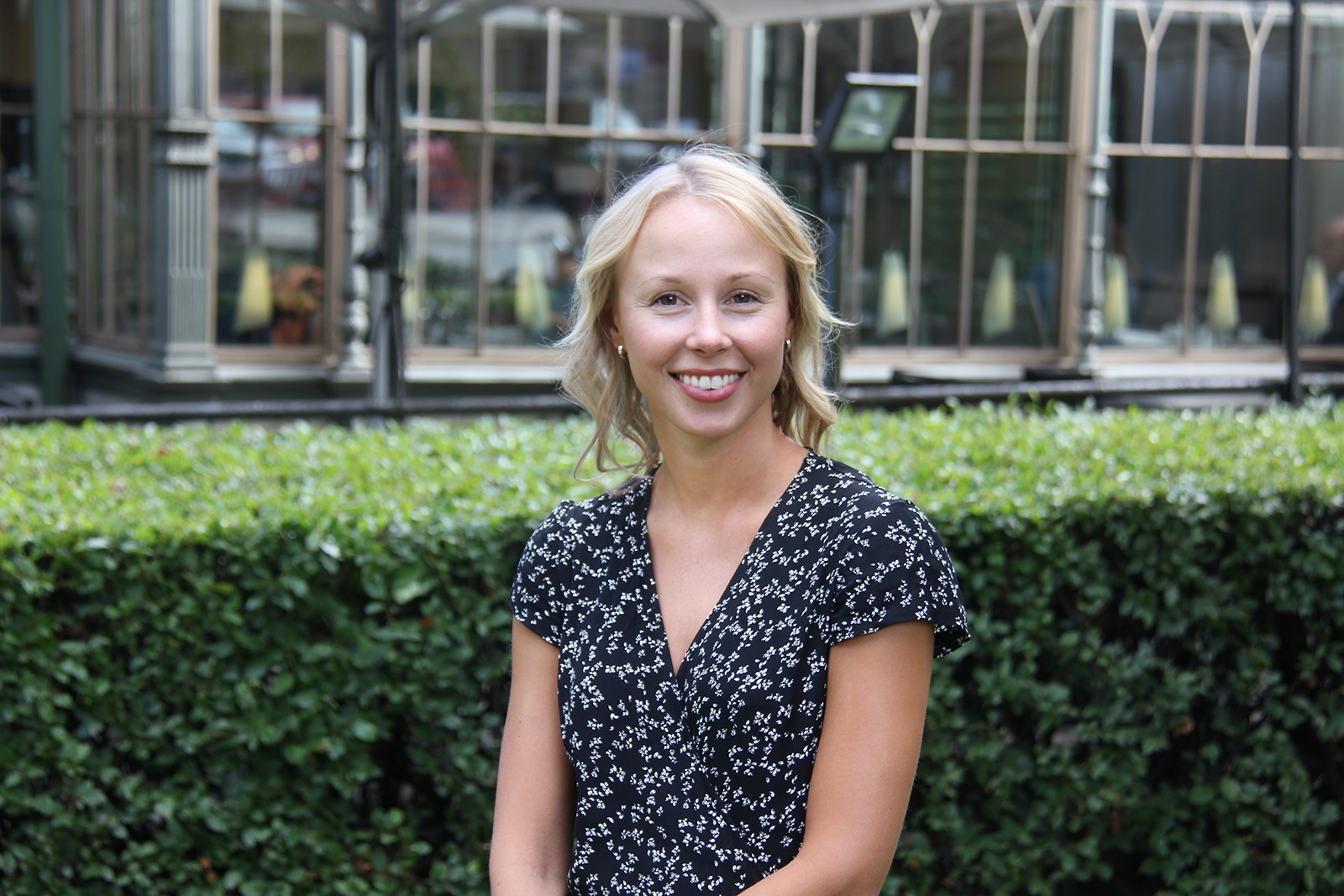NordenBladet — Changes are being made to the restrictions on external border traffic based on COVID-19 incidence rates, as the epidemic continues to spread vigorously in many parts of the world. The Government adopted a decision on the matter on 5 August. The decision will enter into force on 9 August and will remain in force until 22 August 2021. However, people may still enter Finland from all countries upon presenting an approved certificate of a full vaccine course.
External border traffic refers to traffic between Finland and non-Schengen third countries. From 8 August, the previous decision from 15 July will be amended so that the restrictions on entry will be lifted for Ukrainian residents arriving in Finland in traffic from Ukraine.
By contrast, restrictions on entry will be reinstated for residents of Azerbaijan, South Korea, Japan, Moldova, Serbia and Singapore in traffic arriving in Finland from these countries. If a person arriving from these countries has not received a full vaccine course, the accepted reasons for entry are return travel to Finland, return travel to other EU or Schengen countries, transit on regular, scheduled flights at an airport or other essential travel.
In other respects, the restrictions on entry at external borders that were decided by the Government on 15 July and that came into force on 19 July will remain unchanged. These restrictions will be in force until 22 August.
People are free to come to Finland from all countries upon presenting an approved certificate of a full vaccine course
In line with the Government decision from 15 July, people who are able to present a certificate of a completed and approved COVID-19 vaccine course received at least 14 days prior to arrival may enter Finland from all countries. A list of approved vaccines is available on the website of the Finnish Institute for Health and Welfare (THL).
However, people arriving in Finland in external border traffic must take into account that a certificate of recovery from COVID-19 is an acceptable justification for entry into the country only for citizens of the EU and Schengen countries and for people residing in an EU or Schengen country.See the websites below for more information on the entry restrictions and health security requirements in place.
 Emma Honkala, 30, graduated Master of Science in Global Health. She will first work at the UN Global Pulse Headquarters in New York and transfer to the Pulse Lab Kampala in Uganda for the second year of assignment. The innovation initiative is a programme under the administration of the UN Secretary-General, promoting the use of data and artificial intelligence for development, humanitarian activities and peacemaking. UN Global Pulse Finland, which joined the UN Global Pulse Network in 2020, specialises in foresight and innovation. Photo: Janne Hirvasvuopio
Emma Honkala, 30, graduated Master of Science in Global Health. She will first work at the UN Global Pulse Headquarters in New York and transfer to the Pulse Lab Kampala in Uganda for the second year of assignment. The innovation initiative is a programme under the administration of the UN Secretary-General, promoting the use of data and artificial intelligence for development, humanitarian activities and peacemaking. UN Global Pulse Finland, which joined the UN Global Pulse Network in 2020, specialises in foresight and innovation. Photo: Janne Hirvasvuopio The United Nations Development Programme (UNDP), the United Nations Food and Agriculture Organisation (FAO) and the International Labour Organisation (ILO) have recruited Finns the most through the JPO Programme. The graph contains 10 UN organisations/agencies that have recruited Finnish young professionals the most through the JPO Programme. (Source: Ministry for Foreign Affairs)
The United Nations Development Programme (UNDP), the United Nations Food and Agriculture Organisation (FAO) and the International Labour Organisation (ILO) have recruited Finns the most through the JPO Programme. The graph contains 10 UN organisations/agencies that have recruited Finnish young professionals the most through the JPO Programme. (Source: Ministry for Foreign Affairs) The majority of Finnish JPOs work in Africa, Asia or Europe. The graphic presentation shows the proportions in relation to all selected Finnish JPOs. (Source: Ministry for Foreign Affairs)
The majority of Finnish JPOs work in Africa, Asia or Europe. The graphic presentation shows the proportions in relation to all selected Finnish JPOs. (Source: Ministry for Foreign Affairs)